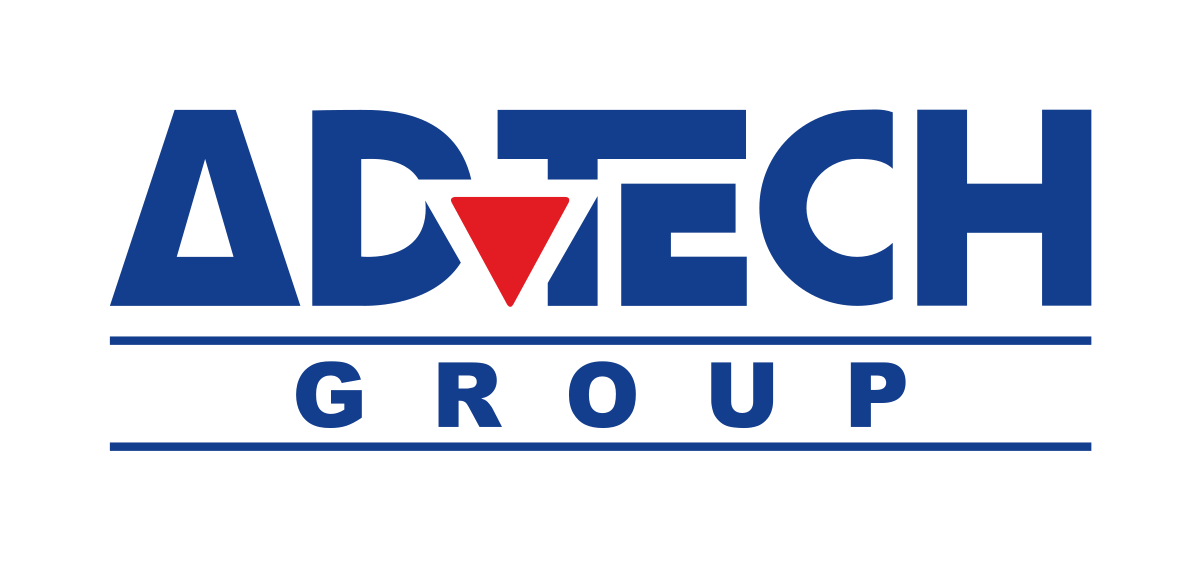ICT and higher education: The need to develop well-rounded graduates in the age of technology
Key fields that are non-negotiables to prepare students in an unpredictable landscape
The landscape of Information and Communications Technology (ICT) in higher education is rapidly evolving. With the advent of new technologies, changing job market demands, and the increasing importance of digital literacy across all sectors, public universities and private institutions in South Africa must rethink their approaches to ensure they adequately prepare graduates for the future, an education expert says.
“It is important to explore the essential future-focused areas that should be prioritised in ICT higher education while acknowledging the traditional aspects that remain crucial for a well-rounded education,” says Natasha Madhav, Senior Head of Programme: ICT at The Independent Institute of Education, SA’s leading private higher education provider.
Madhav says one of the most significant trends shaping the future of ICT is the rise of Artificial Intelligence (AI) and Machine Learning (ML).
“Educational programmes must incorporate these technologies into their curricula, providing students with the knowledge and skills necessary to leverage AI and ML in real-world applications. This includes not only theoretical understanding, but also hands-on experience with tools and platforms used in the industry.”
Cybersecurity and data privacy is another key focus area that should not be overlooked, says Madhav.
“With the increasing reliance on digital technologies comes the heightened risk of cyber threats and data breaches. As a result, cybersecurity education is critical. ICT programmes should emphasise the principles of secure coding, ethical hacking, and data protection measures. Furthermore, understanding legal and regulatory frameworks related to data privacy is essential for preparing students for careers in this vital field.”
Madhav says cloud computing has also revolutionised the way businesses operate, and knowledge of cloud infrastructure and services is now a prerequisite for many ICT roles.
“Higher education institutions must include cloud computing in their curricula, teaching students about cloud architecture, deployment, and management. Additionally, integrating DevOps practices into ICT education fosters collaboration between development and operations teams, enabling graduates to excel in dynamic work environments.
Also, the ability to analyse and interpret large volumes of data is increasingly important in decision-making across industries. ICT education should incorporate data analytics into its programmes, teaching students how to use data visualisation tools, statistical analysis, and predictive modelling techniques. This will equip graduates with the skills needed to turn data into actionable insights, a valuable asset in today’s data-driven world.
The proliferation of Internet of Things (IoT) devices is also creating new opportunities and challenges for ICT professionals, Madhav says.
“Education programmes must address the complexities of IoT, including sensor technology, network design, and data management. Students should gain hands-on experience with IoT applications, preparing them for roles in smart cities, healthcare, and other sectors where IoT is transforming operations.”
Madhav says however that while a focus on the future is very important in staying relevant, maintaining traditional educational values is equally important.
While embracing these future-focused areas, ICT higher education must also retain traditional aspects that are foundational to effective learning. These include:
- A strong grounding in computer science fundamentals. Topics such as algorithms, data structures, and programming languages form the bedrock of ICT education. Students should have a deep understanding of these principles to adapt to new technologies and methodologies as they emerge.”
- Critical thinking and problem-solving skills also remain a core competency for ICT professionals. Higher education should cultivate these skills through project-based learning, case studies, and collaborative assignments. By engaging in real-world challenges, students develop the capacity to analyse problems, devise solutions, and implement them effectively.
- Ethics and social responsibility are more important than ever as technology continues to impact society, and it is vital for ICT programmes to address these. Educating students about the ethical implications of technology, data usage, and the digital divide encourages them to be conscientious professionals who prioritise the well-being of society in their work.
- And in an increasingly interconnected world, effective communication and collaboration skills are essential. ICT graduates must be able to convey complex technical concepts to diverse audiences and work collaboratively across disciplines. Higher education should incorporate group projects, presentations, and interdisciplinary courses to enhance these skills.
“A holistic approach to ICT education is important because it equips graduates with not only technical skills but also the critical thinking, ethical awareness, and communication abilities necessary to navigate and impact the complex and rapidly evolving digital landscape effectively,” says Madhav.
“The future of ICT in higher education lies in striking a balance between embracing innovation and retaining traditional educational values. By focusing on emerging technologies while also emphasising foundational principles, educational institutions can prepare graduates to thrive in a rapidly changing and highly unpredictable landscape.”
ADvTECH Updates











